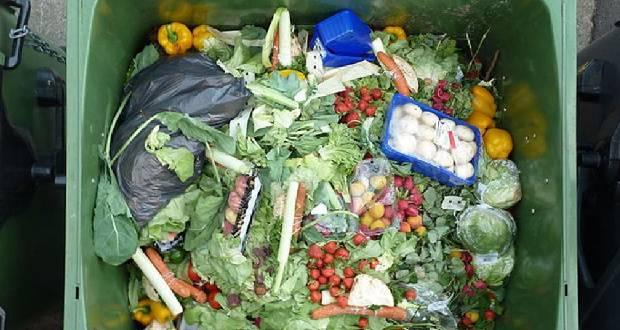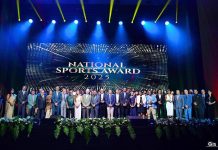Africa-Press – Mauritius. LightBlue Environmental Consulting implements a program designed to reduce food waste and save costs, combining technology, certification system, technical training, data analysis and performance support, while encouraging the participation of the local ecosystem of solution providers anti-waste.
Benjamin Lephilibert, founder and CEO of LightBlue, a United Nations-recognized company, explains “that he has been working on preventing food waste, particularly in hotels and restaurants, for eight years.
These years of experience are summarized in the Food Waste Prevention program in Mauritius. This is the first time that the company has bundled solutions into a single project in one destination, as is the case in Mauritius “.
The six-month pilot project was launched in June in Mauritius, following a call from Business Mauritius and financial support from the Human Resource Development Council (HRDC) to reduce food waste, in line with the Accord.
of Paris aimed at reducing carbon emissions by 30% by 2030 and the United Nations Sustainable Development Goals 2, 12, 13 and 17. This collaboration was made possible thanks to the Living Labs Federation.
Eight hotels, including Constance Belle Mare Plage, LUX * Le Morne Resort, or Veranda Tamarin Hotel & Spa as well as two canteens of the Mauritius Commercial Bank are participating to reduce food waste, reduce unnecessary costs and negative environmental impacts, to achieve international certification and the benchmark standard The PLEDGE on Food Waste.
The latter involves a combination of solutions that allow the adoption of the necessary measures to minimize food waste, a global problem having a serious environmental, social and economic impact, and in Mauritius in particular.
One aspect of the program is to learn how to set up a food waste monitoring system using LightBlue’s Food Intel Tech (FIT) which helps answer key questions that pilots don’t. often have no answers, such as how much, where, when and why food waste takes place and what goes in the trash.
“This technology has a recording system in the kitchen and the information is linked directly to software that analyzes the data, answers key questions and reduces food waste.
At the same time, the teams are trained in The PLEDGE on Food Waste certification, through a holistic approach comprising 95 criteria, articulated in seven pillars.
These 95 criteria are a summary of all the conditions necessary to minimize food waste. The role of kitchen teams is central, but also other key departments are involved, such as service, finance, human resources and marketing.
One of the pillars explains how to implement The PLEDGE on Food Waste in hotel restaurants or canteens and interact with the customer in subtle ways to influence them to reduce food waste.
“These are not measures where, for example, the customer must pay the surplus or the customer who does not finish his plate is singled out,” says Benjamin Lephilibert.
“It’s more of an approach where the organization that implements the certification finds ways to communicate with the customer about what they do internally to prevent food waste as much as possible and to influence them.
” As some of the hotels were closed, quantified data began for the most part on October 1, when the borders reopened.
Data logging is done every day, morning, noon and evening, in volume of wastage per cover and what should be reduced. The “food waste monitoring” will last at least six months.
According to our interlocutor, as many as possible of the above-mentioned establishments will have passed the certification by December, if all goes well. They must have implemented at least 78 of the 95 criteria.
There are bonus criteria that would allow them to have a higher score and a bronze, silver, gold and all-star ranking, if the establishment is 100% compliant. But the quantitative results of the impact of prevention on food waste and the reports should be ready in February-March 2022.
To motivate the participants, the four best performing restaurants will be awarded in four categories – the highest score for the The PLEDGE on Food Waste certification; greater reduction of food waste per cover; greater reduction in total food waste and reduction in CO2 equivalent and zero food waste going to landfill.
If the pilot project is successful, The PLEDGE on Food Waste concept could be implemented as a national standard in the hotel and catering industry in Mauritius.
This new concept is being tested on a small scale so that it can be replicated on a large scale in other destinations. The pilot project in Mauritius will thus serve as a case study.
146,662 tonnes of food thrown away per year
Food waste has a social, environmental and financial impact. Which makes prevention very important. According to Statistics Mauritius figures for 2019, 146,662 tonnes of food are thrown away each year. 27% of landfill waste is food waste. It is also noted that food companies waste three to eight times more than they think without having a system in place to control food waste.







